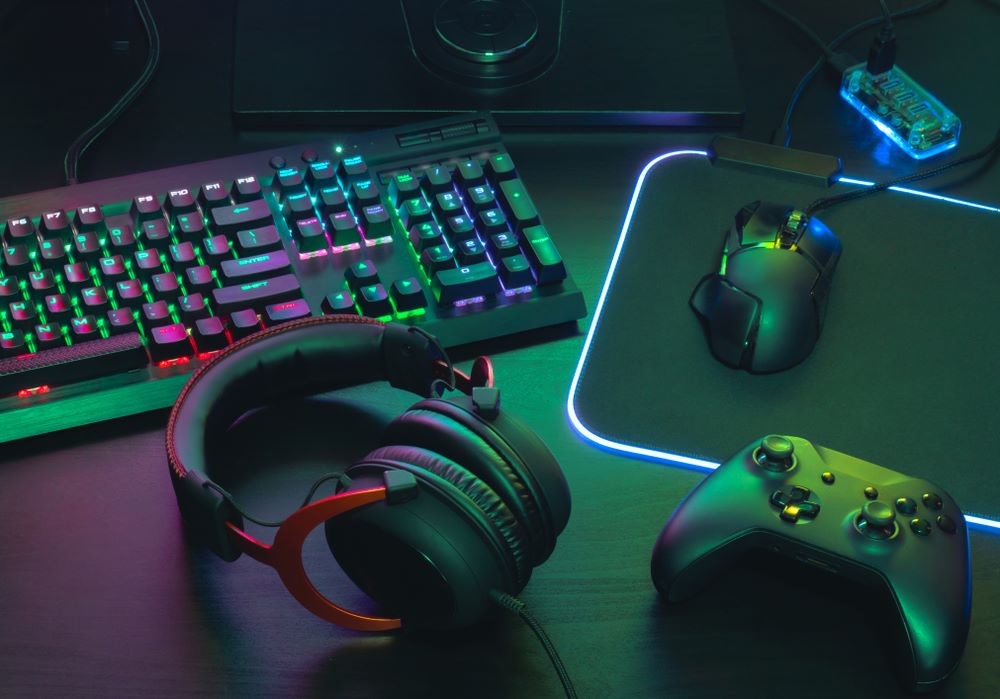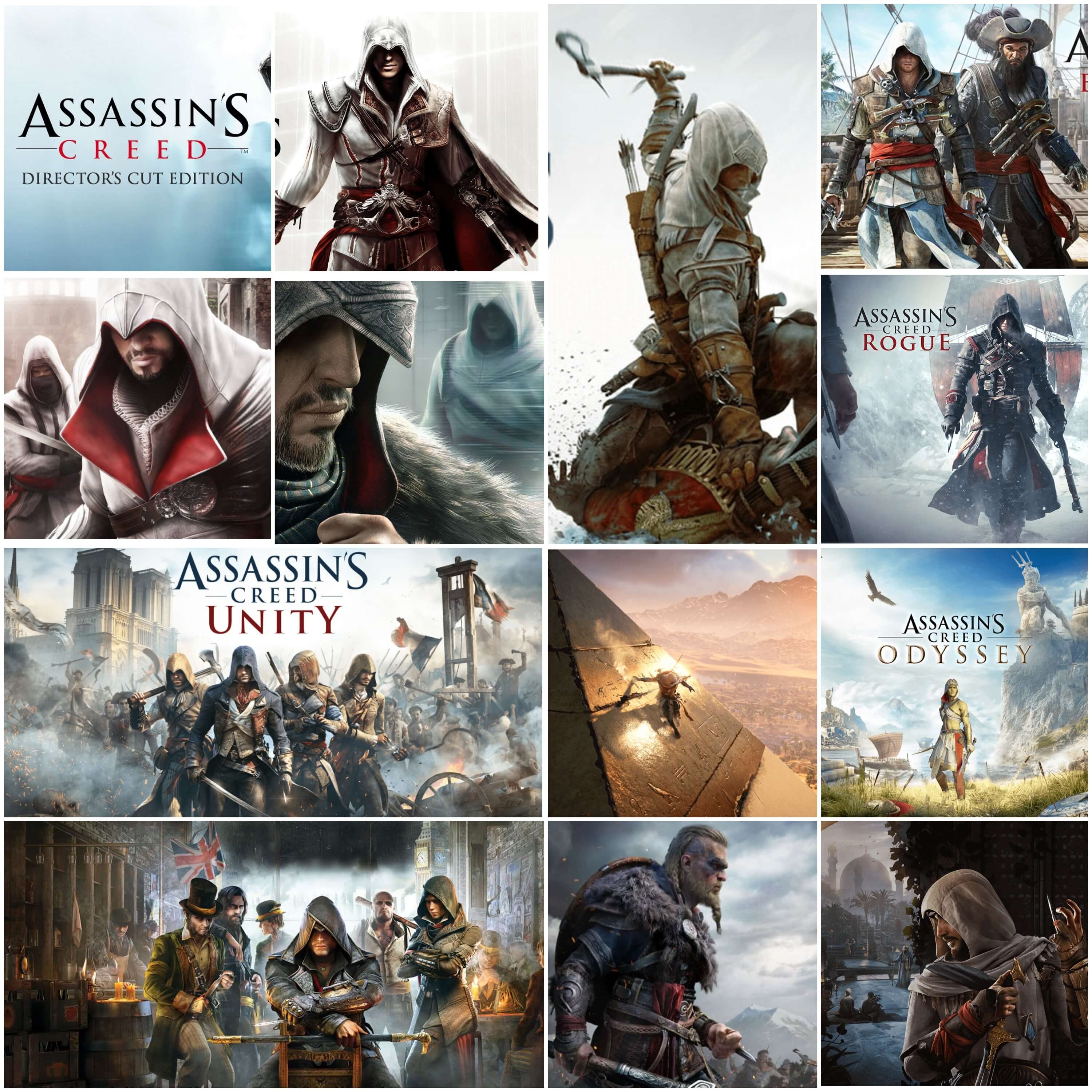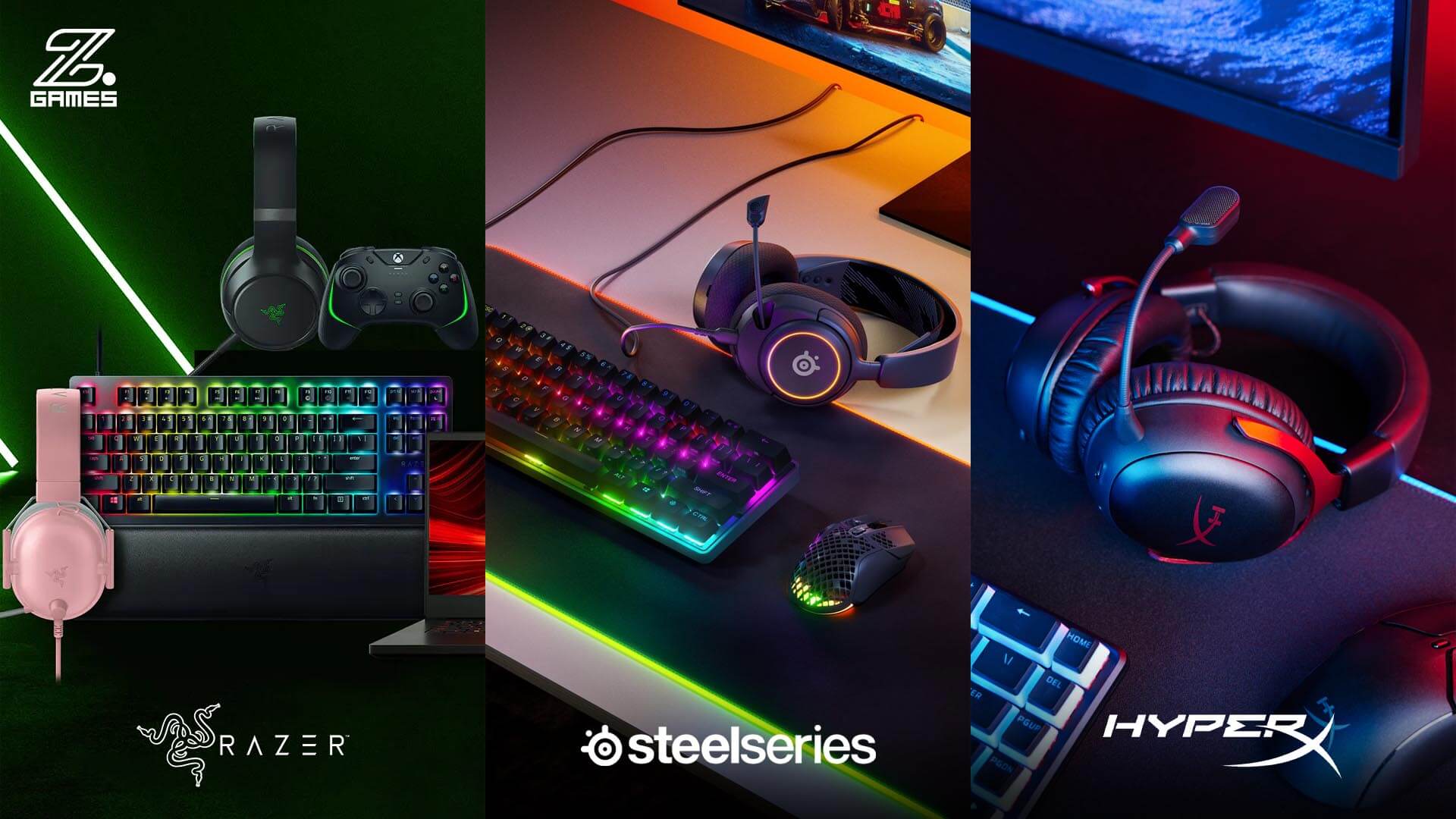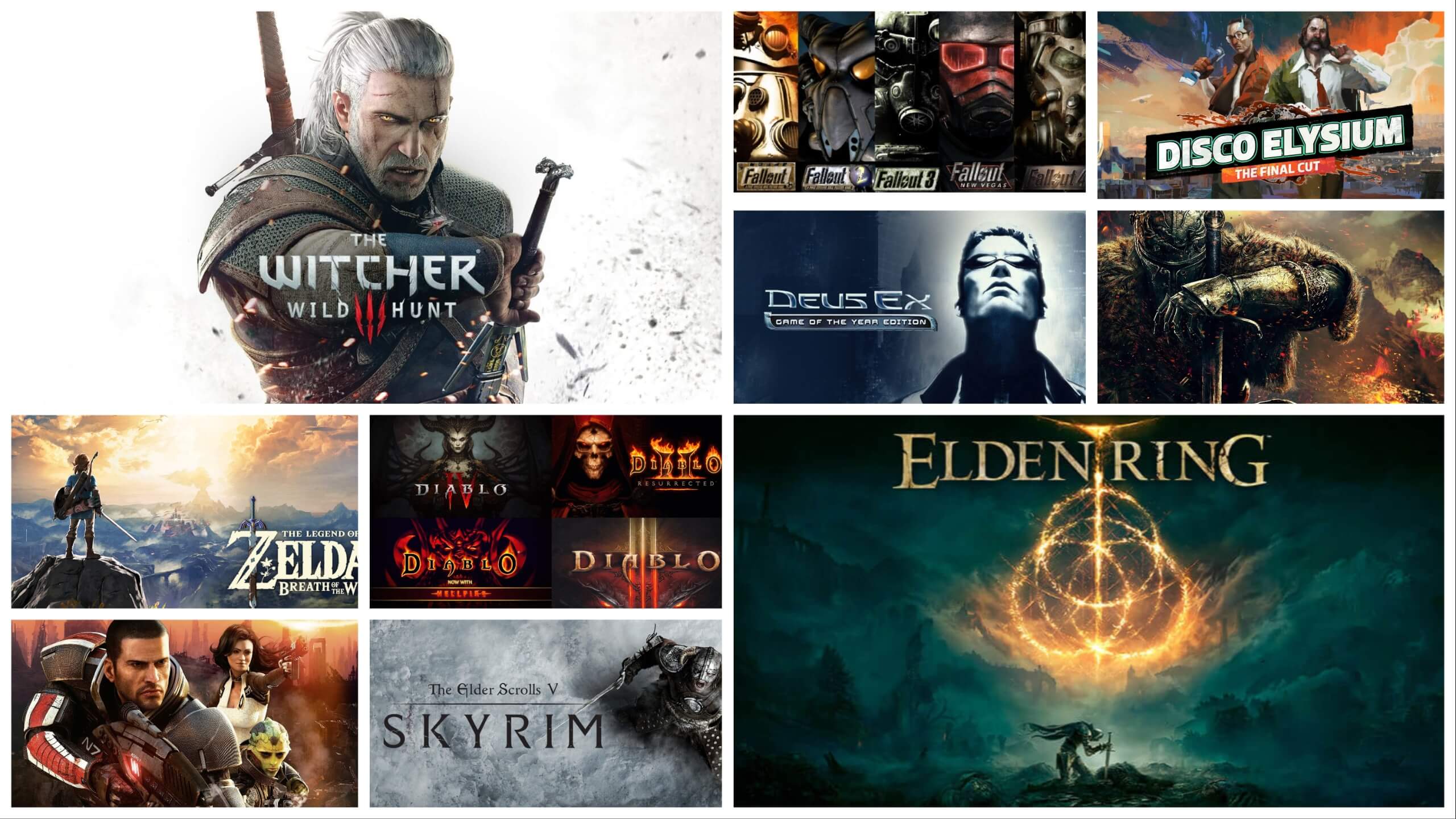According to Dubai Economy, the GCC's gaming industry is expected to grow from $1.3 billion in 2019 to $4.5 billion in 2025. This presents enormous opportunities for game developers worldwide and locally.
By Majed Al Suwaidi
In recent years, any preconceived age restrictions on video games have been officially lifted. According to Dubai Economy, the global market for gaming will reach US$152.1 billion in 2019 thanks to the incorporation of mobile gaming and gamification into our daily lives.
The gaming experience has expanded beyond the actual game as a result of technological advancements. With the use of sound, images, and dialogue, video games now have an impact comparable to that of a movie and adapt to the choices made by each player.
Esports open up new channels for connectivity, marketing, and engagement, while mobile games' prevalence, ease of availability, and frequent free-to-play models lower barriers to entry and make it possible for casual gamers to participate.
Accessibility, quality, and competition are all enhanced by high internet penetration rates. Nine out of ten adults in the United Arab Emirates alone play video games, and ninety percent of those polled consider themselves gamers.
According to Newzoo, the UAE was able to rank 35th out of the world's top 100 gaming markets by revenue in 2019. The GCC's gaming industry is expected to grow from $1.3 billion in 2019 to $4.5 billion in 2025, according to Dubai Economy, providing incredible opportunities for regional and international game developers. Localization is the most important gap to fill.
Customization's promise
The process of adapting a product or content to a specific market is known as localization. It is important because it enables brands to directly interact with specific markets, cultivate deeper connections, and deliver products that have a profound impact.
Given that Arabic is the fifth most spoken language worldwide, there is a huge potential audience for localized games.
Languages, cultures, histories, and goals abound in the Middle East itself. Our nations gloat assorted topographies and scenes that can make for impactful substance and storylines that can reverberate with clients in the locale. And brands can no longer afford to ignore this market.
This void has already been occupied by a few brands. One of the earliest was Sony Computer Entertainment, which introduced the Arabian Dota League, the first professional online tournament for the Middle East, and its first Arabic gaming title, This is Football, in 2004.
EA Sports' F1 22 features Abu Dhabi's Yas Marina Circuit, while Ubisoft's Assassin's Creed Origins transports players to Egypt, where they can view famous landmarks or simply tour Egypt's history. Even China Tencent Games, which is famous for big hits like PUBG, has a Dubai headquarters.
Reliable Narrators are Crucial
People who are immersed in the local cultures, environments, and stories must tell the story for video games to truly capture the nuances of those cultures, environments, and stories.
There have been instances in popular culture in which representations of the Middle East have not been well-received by audiences in the region, and this is not without good reasons. A lack of cultural translation, misperceptions, and assumptions, alienate more than they embrace.
Dubai is well-suited to own this space due to the city's cosmopolitanism, business scene, and connectivity. We are already leading the development of content in Chinese, Hindi, Tagalog, German, and other languages.
Naturally, Arabic is just as important as English for regional communication. Our capabilities are shown by Dubai's position as "the capital of Arab media" in 2020 and 2021.
I can see a plethora of international and regional businesses, entrepreneurs, and independent creative talent creating original content for a variety of mediums from my vantage point at Dubai Media City, Dubai Studio City, and Dubai Production City.
Due to Dubai Internet City, Dubai's renown as an emerging tech hub offers game developers, coders, and others an appealing opportunity. The Remote Work Visa has helped Dubai become the third-best city in the world for digital nomads, and TECOM Group's GoFreelance package makes it easier for independent talent to set up freelance gigs in media, design, and technology.
It should come as no surprise that we are attracting businesses, investors, and entrepreneurs of all sizes, given the city's high quality of life, safety, and opportunities.
Existence of a successful ecosystem
Due to its world-class infrastructure, supportive government policies, and competitive landscape, Dubai has established itself as a global business hub. A starting point for businesses is provided by sector-focused business districts like Dubai Internet City and others.
As a matter of fact, Dubai Media City's essential situation close to Dubai Web City empowers the intermingling of ventures.
Localized gaming requires both the creative elements of storytelling, design, sound, and visual, as well as the technical capabilities of coders and developers. Leading and regional tech corporations and startups collaborate with counterparts in the production of media and content to create an environment that is favorable to localized gaming.
Companies at Dubai Internet City are innovating in real-time in areas like artificial intelligence, virtual and augmented reality, and similar technologies that are anticipated to have a significant impact on gaming's future.
Even incubators like in5, which focus on media, technology, and design startups, are providing the ideal framework for industry entrepreneurs to easily set up their businesses, make use of fully equipped creative studios and facilities, and look for investment opportunities.
Perspectives for The Future
Niko Partners' MENA Games Market Report predicts that in 2025, with over 85 million gamers using mobile, PC, and consoles, games revenue will exceed $3 billion in Saudi Arabia, Egypt, and the United Arab Emirates alone.
Dubai's attractiveness, opportunity, and willingness to invest in the industry are all being emphasized by the rise of esports and gaming events. For example, the Computerized Games Meeting MEA united in excess of 500 gaming-related organizations from north of 30 nations to Dubai Media City this June to assist with working with associations in the Center East.
The GCC's smartphone penetration is rising quickly, and mobile gamers are more prevalent than PC and console gamers. As a result, the region's gaming population is expected to continue growing.
Publishers and developers have never had a better chance to target the Middle East, North Africa, and North Africa (MENA) with their games. Game on
ZGames
At ZGames, customers can find a wide selection of video games, consoles and accessories, catering to all types of gamers, from casual to hardcore. They have a dedicated section for new releases and pre-orders, so customers can always be the first to get their hands on the latest titles. They also have a section for special deals and discounts, which offers great value for money. They also have a dedicated customer support team available to assist with any questions or issues. They also offer free shipping on all orders over a certain amount. Additionally, they have a flexible return policy for customers who are not completely satisfied with their purchase.







